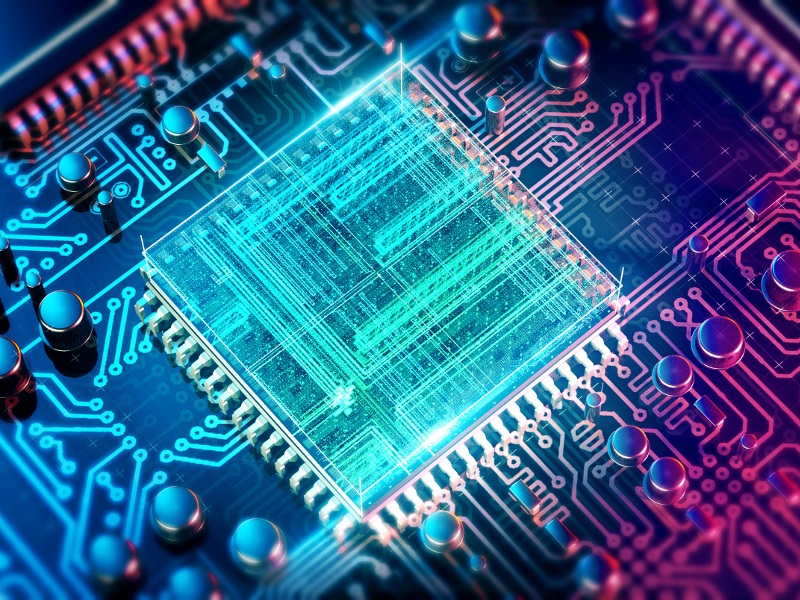
Is a quantum computing future actually possible?
December 6, 2019
Subhash Kak, regents professor at Oklahoma State University, explains the potential obstacles to a quantum computing future.
A version of this article was originally published by The Conversation (CC BY-ND 4.0)
Earlier this year, Google announced to much fanfare that it had demonstrated “quantum supremacy” – that is, it performed a specific quantum computation far faster than the best classical computers could achieve. IBM promptly critiqued the claim, saying that its own classical supercomputer could perform the computation at nearly the same speed and, therefore, the Google announcement should be taken “with a large dose of scepticism”.
This wasn’t the first time someone cast doubt on quantum computing. Last year, Michel Dyakonov, a theoretical physicist at the University of Montpellier in France, offered a slew of technical reasons why practical quantum supercomputers will never be built in an article in IEEE Spectrum, the flagship journal of electrical and computer engineering. So how can you make sense of what is going on?
As someone who has worked on quantum computing for many years, I believe that due to the inevitability of random errors in the hardware, useful quantum computers are unlikely to ever be built.
To understand why, you need to understand how quantum computers work, since they’re fundamentally different from classical computers. A classical computer uses 0s and 1s to store data. These numbers could be voltages on different points in a circuit.
But a quantum computer works on quantum bits, also known as qubits. You can picture them as waves that are associated with amplitude and phase.
Qubits have special properties. They can exist in superposition, where they are both 0 and 1 at the same time, and they may be entangled so they share physical properties even though they may be separated by large distances. It’s a behaviour that does not exist in the world of classical physics. The superposition vanishes when the experimenter interacts with the quantum state.
Due to superposition, a quantum computer with 100 qubits can represent 2100 solutions simultaneously. For certain problems, this exponential parallelism can be harnessed to create a tremendous speed advantage. Some code-breaking problems could be solved exponentially faster on a quantum machine, for example.
There is another, narrower approach to quantum computing called quantum annealing, where qubits are used to speed up optimisation problems. D-Wave Systems, based in Canada, has built optimisation systems that use qubits for this purpose, but critics also claim that these systems are no better than classical computers.
Regardless, companies and countries are investing massive amounts of money in quantum computing. China has developed a new quantum research facility worth $10bn, while the European Union has developed a €1bn quantum master...











 What we do
What we do





















 Contact US
Contact US

